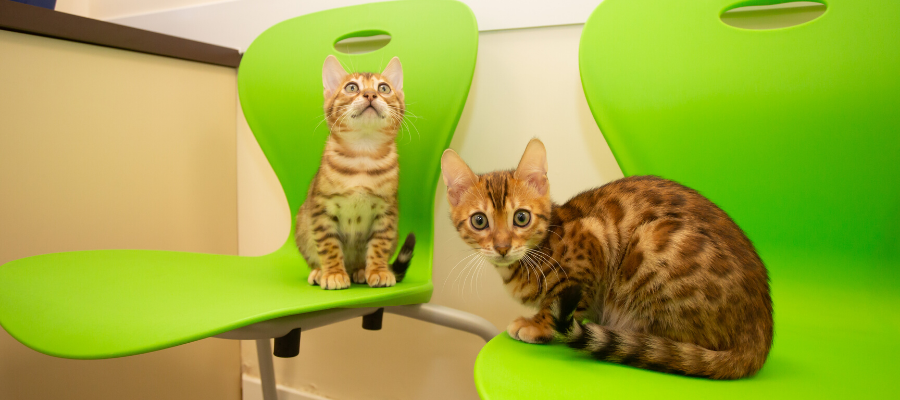
What do kidneys do?
The kidneys perform a variety of functions including managing blood pressure, making hormones and removing toxic waste substances from the blood to be excreted as urine.
What is Chronic Kidney Disease (CKD)?
CKD occurs due to damage to the kidneys over time, sometimes months or years. The kidneys can lose significant function before clinical signs become evident. As a result of kidney damage there may be a build up of toxins in the blood leading to illness. Urine can become less concentrated leading to increased urination and water intake. Increased blood pressure can also be a consequence of CKD.
What is the difference between acute and chronic kidney disease?
Acute kidney disease develops suddenly as a result of a direct outward source such as poisoning, trauma, shock, infection or blockage. If diagnosed in time, renal failure can be reversed. In chronic kidney disease the damage has occurred over months or years without clinical signs, resulting in irreversible damage.
What are the signs of CKD?
- Increased urination
- Increased thirst
- Lethargy and weakness
- Weight loss
- Reluctance to eat
- Poor coat condition
- High blood pressure
- Bad breath (with an ammonia scent)
- Mouth ulcers
What causes CKD?
CKD occurs most often in middle aged to older pets, it can happen as a result of underlying disease such as hypertension, hyperthyroidism, cancer or severe dental disease. Mild infection or blockages can destroy kidney function gradually over time without any acute symptoms.
How is CKD diagnosed?
Blood and urine tests will be required to form a diagnosis; early detection can be possible through an in-house SDMA (Symmetric dimethylarginine) blood test. SDMA is an amino acid excreted by the kidneys and an increased concentration can be an early indicator of decreased kidney function.
Diagnostic imaging and biopsies may also be necessary as well as regular blood pressure checks.
How is it treated?
Although there is no cure for CKD, the condition can be managed to prolong an affected pet’s life and improve their general well being. A change in diet to a special kidney food plays a major role in disease management.
Medication will vary depending on each patient’s individual symptoms and diagnostic results, with the aim being to slow the progress of the disease and improve quality of life. The sooner treatment is started, the better the outlook for the patient. Whilst damage to the kidneys is not reversible, with correct management and care, an affected pets can have several more happy years ahead of them.
How can CKD be prevented?
- Regular vet check-ups – These are especially important for older cats who are more susceptible to CKD, although it can affect all pets at any age depending on the cause.
- Good quality diet – consider switching to a specialist senior diet in later years.
- Make sure your pet is hydrated. This is more often a problem for cats – give them access to fresh water and experiment with different bowls and fountains to get them drinking more.
Call us on 01435 864422 if you think your pet may be showing signs of CKD or book a health check via our online booking system.

